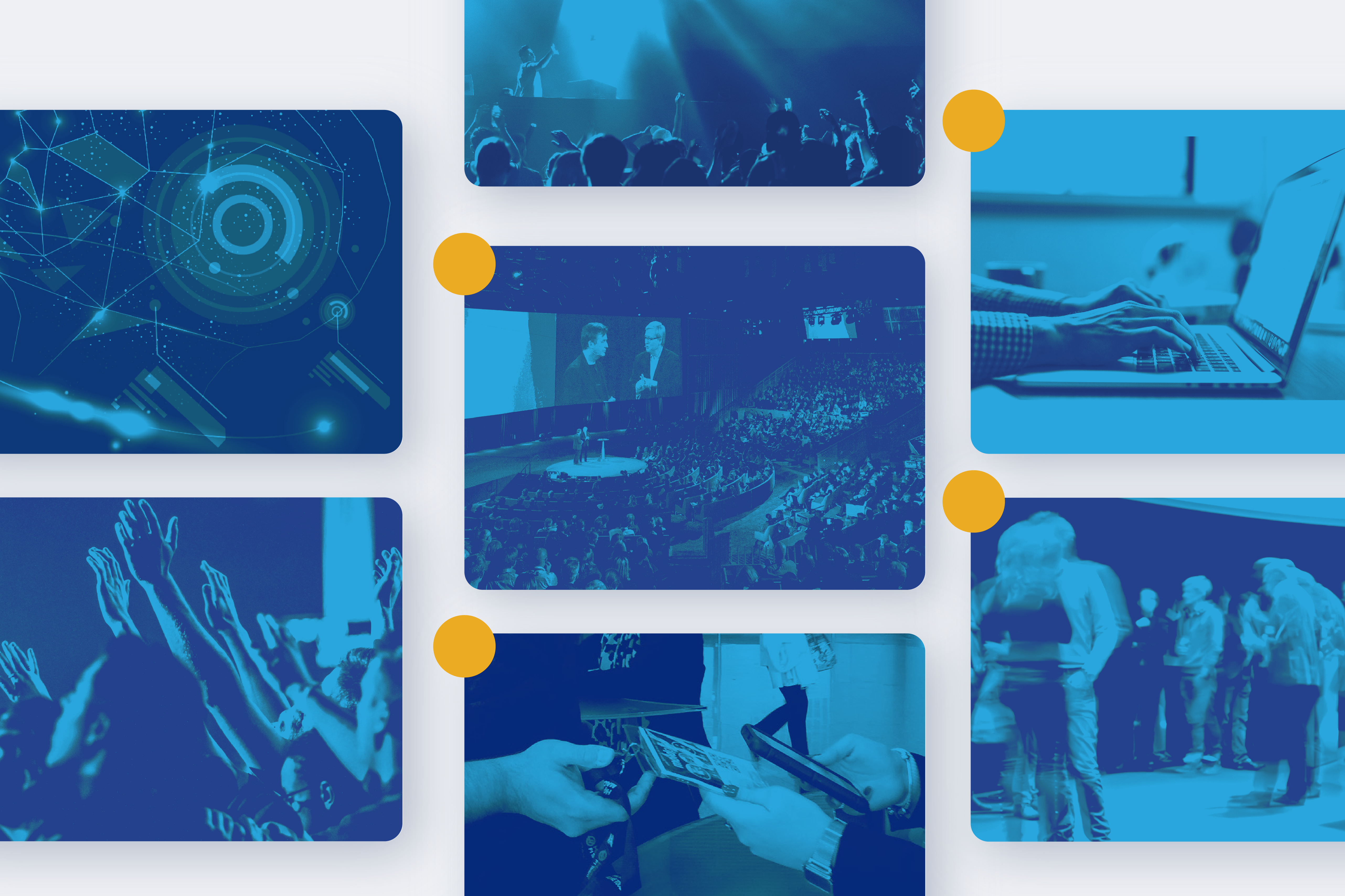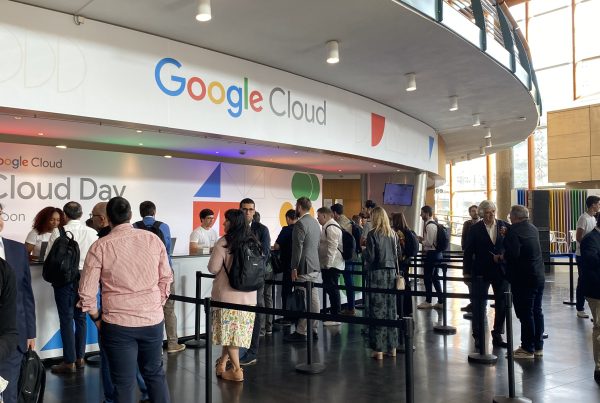After we aimed to best understand how the events industry is shifting as the world deals with the global pandemic, it’s time to make adversity the trigger towards innovation. With digital transformation working as a viable solution during the pandemic, it will likely continue to be integrated in the event management paradigm in a post-coronavirus scenario.
So, how are event organizers dealing with the aftermath of the events industry’s disruption? They’ve turned to technology to adapt, but without forgetting the power of human connection. They’re basically ensuring all the event interactions for all parties involved while complying with social distancing regulations. By initiating their journey towards agility, events are increasingly integrating innovative technology to facilitate virtual and hybrid solutions. Let’s see the top 6 of trends and key features the world’s most believing:
1. The future is hybrid
Although countries are slowly restarting their economies, the social distancing measures are far from over yet. Not only will events probably be operating at a lower capacity, but with many attendees unwilling or unable to attend live events, hybrid events are the way to go. Incorporating virtual solutions at live events will be crucial to their viability, because it will allow event organizers to maintain their numbers even if their live audience turns small.
Hybrid events are also a great opportunity for event organizers to expand their reach. Have you ever thought that some people have never been able to access live events due to travel or financial limitations? So, it will solve that issue and allow for much more cost-effectiveness, reach, inclusivity, diversity and sustainability.
2. Technology will be human-centred
With the arrival of Industry 5.0, technology has become more powerful than ever, reaching a deep understanding of people, their experiences and their security. It has extended to a multitude of devices and has become so natural that it is hard to picture life without it.
And that will also make the difference for event organizers nowadays, especially for the purpose of access or space occupancy control in real time. Thus, ID technology solutions and occupancy counter tools could be a real help regarding event and public spaces’ security requirements in the wake of Covid-19.
It’s also an opportunity for event organizers to create meaningful and relevant attendee experiences. For example, custom smart badges are an example of an innovative, contactless and paperless human touchpoint.
3. Live streaming
In direct response to the pandemic, many companies are rethinking their usual live events towards virtual events, so live streaming emerged as a staple trend. Facebook and Google have done it!
Live streaming allows to extend events to users who weren’t able to make it, engage international audiences, and generate online buzz about it. And if people see how stunning your event is online, they’ll be more likely to buy a ticket for any future live editions.
In the end, it’s all about engaging as many people as possible in the most relevant way.
4. Artificial intelligence
Artificial intelligence (AI) is on the rise because of its ability to create personalized experiences for individuals. It helps associating certain attendees with their interests and personal data which then ensures that the most relevant content reaches the right people in the right time. Or, at least, it has the power to streamline the event experience. The much-needed security that both attendees and event organizers are searching for can be addressed by AI, since the many forms it shows up are all contactless and thus compliant to social distancing recommendations.
Some common examples include:
- Event chatbots
- Event custom newsletter
- Event check-in within facial recognition
- Voice translation during panels
5. Contactless check-ins
Everyone is looking for safe, simple, seamless and successful event experiences, right? And because contactless check-ins are a likely requirement for the next times, this technology will be critical.
For example, if you’re hosting a hybrid event, you can use facial recognition to provide additional value to your live stream attendees. However, facial recognition has their drawbacks and there is a controversy that precedes it. Now more than ever, people are concerned about their privacy and using this tech trend could turn some people away from attending your event.
With the beamian technology attendees will only need to present their digital ticket/QR code or simply say their name at the check-in area. The validation procedure is done in only a few seconds through the beamian app.
6. The most powerful thing will be the human connection
The craving to meet with other people in flesh and blood will remain in all of us forever. Not simply to claim we’re still alive, but to truly connect through a shared live experience. We’re naturally social beings.
And events don’t exist just for attending because there is that desire to leave different from when we walked in: to be more connected to the world, and be part of something bigger than ourselves.
People attend events mostly for connection, and this willingness to express will not disappear, even in tough times. The human connection is what drives and guides us, because everything is about bringing people together, not only events.
We believe that hybrid events will represent a lifeline for the events industry for the next few years. They’ll also be a key component during this transition period back to normal, since no other trends and features will ever completely replace an in-person gathering.








